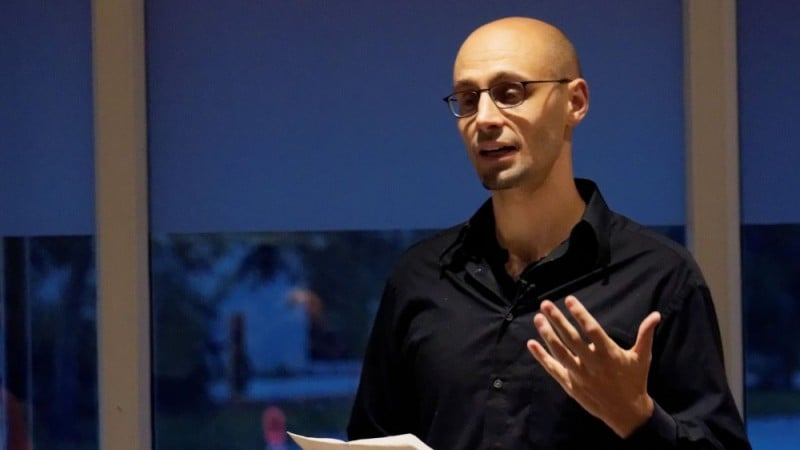cross-posted from: https://lemmy.ml/post/26284554
By Syma Mohammed
Published date: 20 February 2025 21:44 GMTAlex Tyrrell, party leader of the Green Party of Quebec, who accompanied Engler to the police station on Thursday, spoke to the Middle East Eye about Engler’s arrest.
“I think it’s a shocking attack on free expression and democratic rights and criticism of Israel in Canada - a country that’s supposed to be a free, democratic society. We’re supposed to speak out about a genocide," Tyrrel told MEE.



Doesn’t change anything. From one perspective no crime was committed because nobody was being intolerant, but from another perspective someone was.
You can apply it to many statements, like “There should be no state in the Middle East for Jews”
That could be intolerant or maybe not.
Intolerance, in itself, is not a matter of perspective. It’s a clear criteria.
That doesn’t mean we can always clearly determine what speech is or is not intolerant. It often relies on gauging intent, which is difficult to do. The example you cited would be a judgement call for the courts; it very likely does not cross the line into intolerant speech, but if you could clearly demonstrate antisemitic intent on the part of the author, which would require other overtly antisemitic statements or actions, then you might be able to prove a case.
And this is nothing new. The law juggles questions of intent all the time. In cases of doubt, we err on the side of innocence. This is all very well trod territory. Why is it acceptable to assess the question of intent when judging between murder and manslaughter, but suddenly that becomes an unacceptable complication when we’re talking about what is or isn’t hate speech?